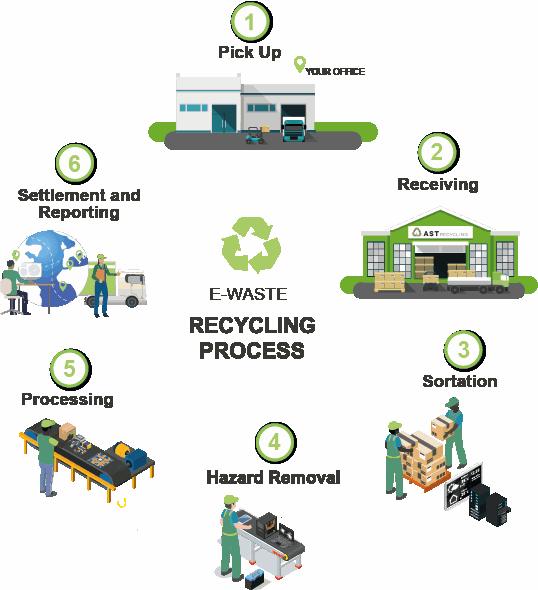L E G I S L AT I O N
EPR LEGISLATION:
A benefit, not a burden As companies navigate the new mandatory extended producer responsibility (EPR) landscape, a leading recycler in the plastics value chain has revealed the unexpected ease in managing its new reporting and compliance requirements as a producer.
O
ne of the biggest recyclers of PET plastic bottles on the African continent, Extrupet, has been guided in its journey by longstanding producer responsibility organisation PETCO. At the same time – and in a first for South Africa – Extrupet is helping its long-time par tner to develop an additional end-use market for recycled PET (rPET) in the manufacture of rPET industrial strapping. Plastic strapping is used extensively to secure unstable goods during transit. From a circular economy perspective, both PET bottles and PET strapping can be diver ted from landfill, and
20
M AY 2 0 2 2
|
ReSource
economically recovered and recycled into new products, without compromising the quality of the end product. As a manufacturer of strapping, Extrupet, like other packaging producers, is now obligated to either join an existing producer responsibility organisation (PRO), star t a new PRO or run an individual compliance scheme, as par t of the
National Environmental Management: Waste Act (No. 59 of 2008) Section 18 mandator y EPR regulations, which came into effect on November 5 last year. Extrupet is currently the only strapping producer registered to meet its mandator y EPR obligations with the Depar tment of Forestr y, Fisheries and the Environment.





















